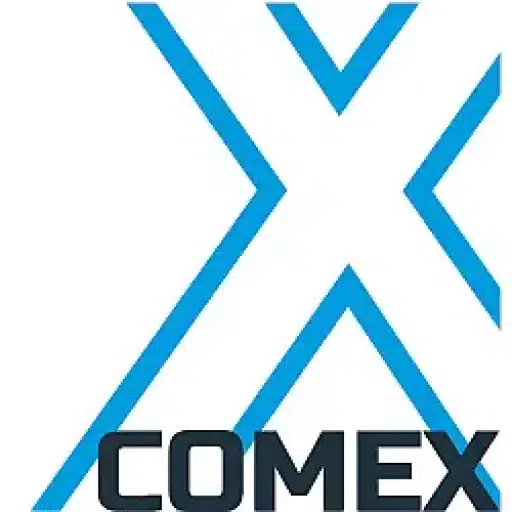+31 (0)43 30 88 400 | office@comex.eu

The silent threat of U.S. cloud legislation: what Dutch organizations need to know now
More and more Dutch organizations are embracing digital sovereignty as a strategic theme. Yet a key risk often remains underexposed: the legal realities of using U.S. cloud platforms. Our new white paper sheds light on the implications of legislation such as the US CLOUD Act and FISA 702, which exposes European data – even if it is physically located in the Netherlands – to US interference.
For organizations that want to remain AVG-compliant and keep their data under control, it’s time for action.
What does U.S. cloud legislation mean for the Netherlands?
The US CLOUD Act and FISA 702 give US authorities access to data from US providers, regardless of where that data resides. So even if your data is hosted in a Dutch data center of, say, AWS or Microsoft Azure, it is legally accessible to U.S. government authorities.
This runs counter to the European GDPR and thus poses a risk to Dutch organizations in all sectors from healthcare and government to industry, education and finance.
And with political shifts in the US, such as the temporary shutdown of the PCLOB oversight body by the Trump administration, the legal basis of the Data Privacy Framework is becoming increasingly unstable.
Concrete risks for Dutch organizations
What does this mean in practice? Consider:
Patient data in healthcare potentially accessible without your knowledge
Design and production data that may fall into the hands of third parties
Confidential customer information unknowingly excluded from the AVG
Legal responsibility lies with the organization itself. Violation of the GDPR can result in fines of up to 20 million euros or 4% of global annual sales.
Why on-premise is key
The solution lies not in completely abandoning cloud, but in conscious data classification and a hybrid approach. On-premise storage in particular offers organizations maximum control over sensitive data:
Legally entrenched in in-house management
No access due to foreign law
Full control over location, access and retention
A hybrid infrastructure allows less sensitive workloads to be flexibly housed in the cloud, while critical data remains stored locally, securely and sovereignly.
Digital sovereignty begins with insight
The blog is based on our latest whitepaper:
📄 “Fact Check: US CLOUD Act, FISA and the Data Privacy Framework”
This free-to-read white paper lays out facts, legislation and implications for European, and specifically Dutch, organizations.
In addition, on our new topic page, we offer more insights, recommendations and tools for organizations looking to strengthen their data strategy.
Want to know where your data really resides and who can legally access it?
📘 Read our new whitepaper
🌐 Visit our topic page on digital sovereignty
Digital control is no longer an IT issue, but a strategic choice. Time to make it deliberate.


